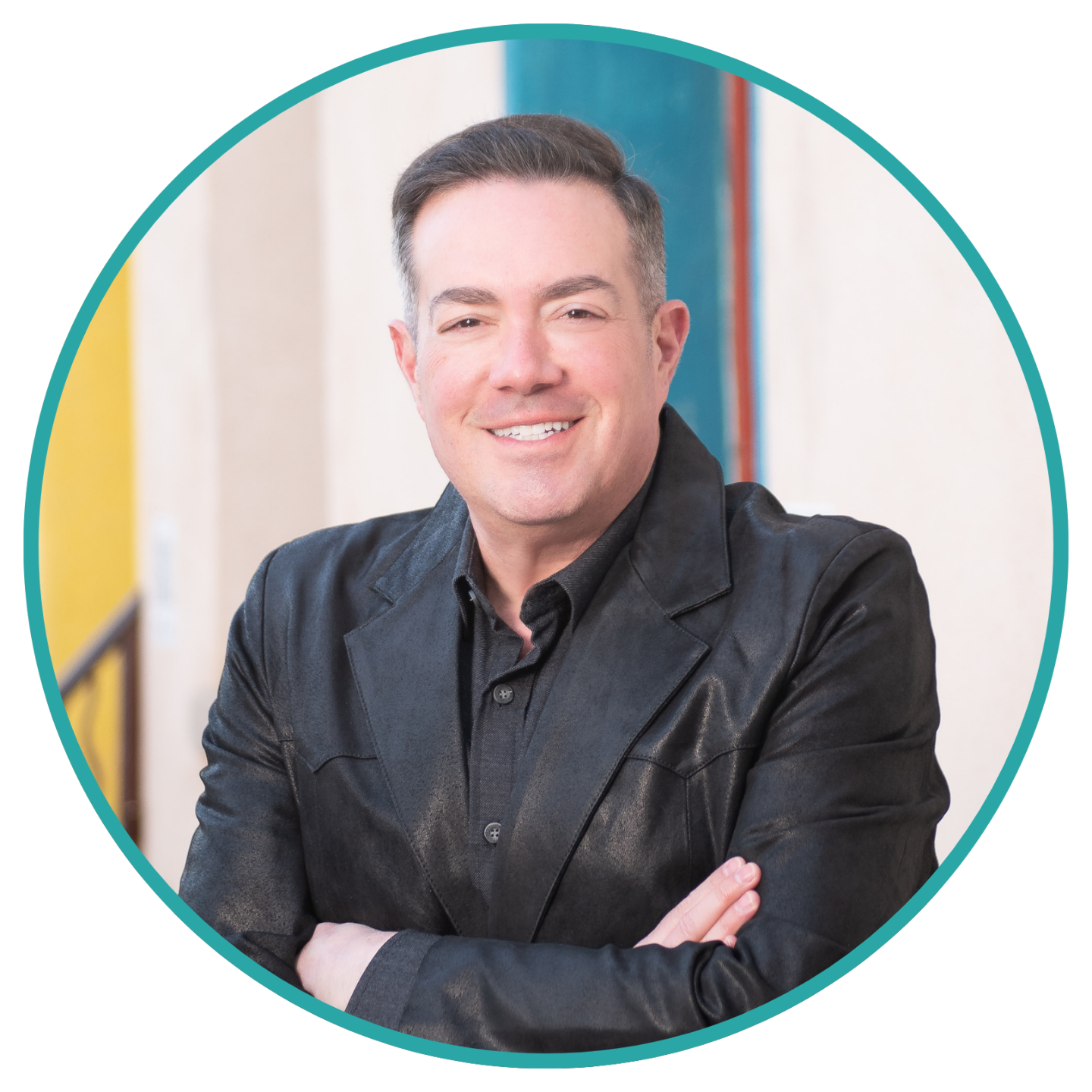How to Handle Your Child Manipulating Your Emotions | Ryan Wexelblatt, LCSW, ADHD Dude

“You don’t care about me.”
“You care about the other kids more than me.”
“You think I’m stupid.”
If you’re a parent of a child with ADHD, you’ve probably heard things like this. These statements are examples of emotional manipulation, and kids often use them because they can be very effective when they are not getting their way or want to guilt their parents for something.
As a licensed clinical social worker and founder of ADHD Dude, I’ve seen how common this is. I want to explain why kids with ADHD use emotional manipulation, why it can feel so triggering for parents, and how to respond without getting pulled into the guilt cycle.
I’ve also written about what it looks like to reclaim calm authority at home when emotions and behavior start to take over.
Why Kids with ADHD Manipulate Emotions
Cognitive flexibility, the ability to adapt and move on, is part of executive function. ADHD is a developmental delay of executive function, which means kids with ADHD naturally struggle in this area.
When they don’t get what they want, they often get stuck. Many kids with ADHD are also highly creative and have a strong sense of justice. If they feel wronged, they may try to get back at you or use manipulation to get what they want.
They quickly learn that if they can make you feel guilty, worried, or like a “bad parent,” there’s a chance you’ll give in.
Why Emotional Manipulation Triggers Parents
Parents often ask me, “But what if my child really does hate me?” or “What if what they said is true?”
That’s where emotional manipulation becomes powerful. It pulls you into questioning yourself and trying to reassure your child with phrases like, “Of course I love you.” From there, it’s easy to get stuck in the “argument/reasoning/negotiation vortex.”
Here’s the hard truth: there’s nothing wrong with wanting your child’s approval, but you need to accept that you won’t always have it.
When your child says, "I’ll never talk to you again when I’m older,” they don’t mean it. They’re upset, and those feelings will pass; all feelings are temporary.
How to Set Boundaries Around Emotional Manipulation
The key is to set an emotional boundary for yourself. That means not engaging in reassurance, not arguing, and not negotiating when your child uses guilt or emotional manipulation.
Instead, hold steady. By doing so, you’re teaching your child that manipulation will not work. Over time, this will help reduce the behavior and strengthen healthier communication.
I’ve also shared what I learned firsthand from parenting a child with extreme behavioral challenges and how those experiences shaped the approach I teach today.
A Resource for Parents of Kids with ADHD
If your child often uses emotional manipulation, I encourage you to look into the ADHD Dude Parent Behavior Training programs: Capable & Confident (ages 4-7) and Scaffolding Better Behavior (ages 8 to 17).
In the programs, families learn practical strategies for handling manipulation, learned helplessness, and what I call “noise,” the arguing or complaining kids use to wear parents down.
Both of these programs are part of the ADHD Dude Membership, which is built on the evidence-based recommendation from the American Academy of Pediatrics that parent training, not therapy, is the most effective treatment for children with ADHD.
If your ADHD child is manipulating your emotions, you don’t need to stay stuck in the guilt cycle.
Inside the ADHD Dude Membership, you’ll find Scaffolding Better Behavior (ages 8 to 17) and the Capable & Confident course (ages 4 to 7). These programs give you clear, practical strategies to reduce manipulation and help your child grow stronger skills.
👉 Join today and start using strategies that work.
FAQ:
Q: Why does my ADHD child try to manipulate my emotions?
A: Emotional manipulation often comes from frustration and poor flexibility, not malice. Kids with ADHD struggle to adapt when things don’t go their way, and guilt-based comments can be their way of regaining control when they feel powerless.
Q: How can I tell if my child is manipulating me or just upset?
A: Look at patterns. If emotional outbursts often happen after limits are set or when your child doesn’t get what they want, manipulation may be at play. Either way, stay calm and consistent. Your response teaches emotional boundaries.
Q: What should I say when my child uses guilt statements like “You don’t care about me”?
A: Avoid arguing or reassuring. Instead, stay steady and say something neutral, such as “I know you’re upset.” This stops the guilt cycle and teaches your child that emotional pressure won’t change limits or rules.
Q: Will ignoring emotional manipulation make my child feel unloved?
A: No. You’re showing love through boundaries. Responding calmly without giving in helps your child feel safe and learn that strong emotions don’t have to control behavior or relationships.
Q: How can ADHD Dude help with this behavior?
A: The ADHD Dude Membership includes parent training programs like Scaffolding Better Behavior (ages 8 to 17) and Capable & Confident (ages 4-7). These teach step-by-step strategies for handling manipulation, setting limits, and helping your child build real self-control.










